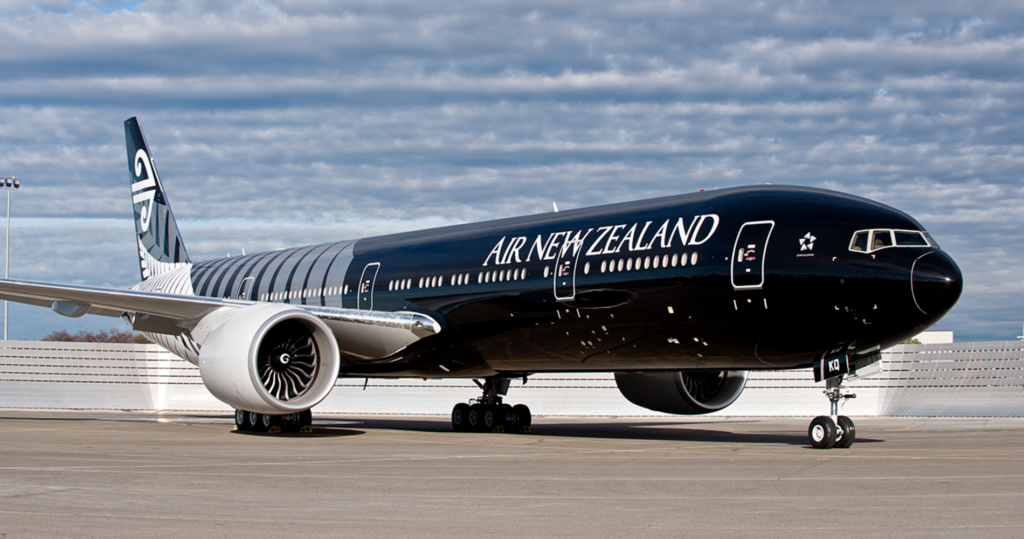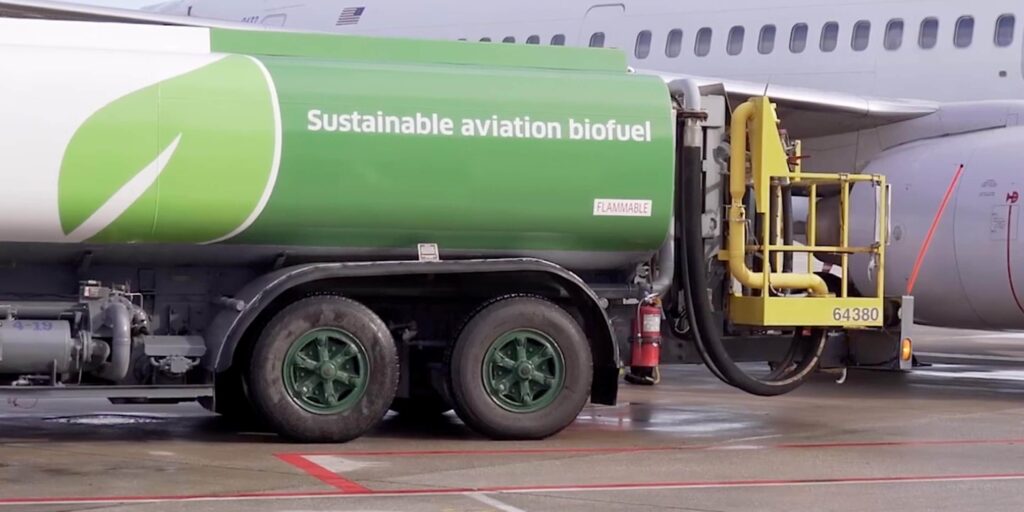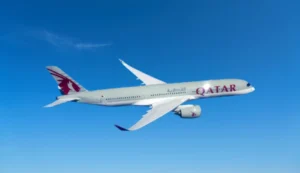Air New Zealand Takes Flight with Sustainable Fuel
Air New Zealand has received a 500,000-litre shipment of sustainable aviation fuel made from used cooking oil, marking a significant step towards reducing carbon emissions and transitioning to a lower-carbon future.

photo Source: New Zealand
Air New Zealand has made a significant step towards sustainability by receiving a 500,000-litre shipment of sustainable aviation fuel (SAF) made from used cooking oil. The Chinese-produced fuel will be utilized primarily on the airline’s turbo-prop planes for regional routes, powering the equivalent of 165 flights between Wellington and Auckland.
Kiri Hannifin, Chief Sustainability and Corporate Affairs Officer, emphasized the importance of transitioning to sustainable fuels, especially for a remote island nation like New Zealand. The SAF produces 80% less carbon emissions compared to traditional jet fuel, marking a critical move towards the airline’s goal of reducing carbon emissions by 2050.
Hannifin highlighted that while the current volumes of SAF are small, they signal Air New Zealand’s commitment to sustainable fuel manufacturers. This is crucial as global regulations are increasingly mandating the use of green fuels, with countries like Canada, Singapore, and Japan setting future requirements for SAF usage.
Air New Zealand first started using SAF in 2022 and has since been actively increasing its adoption to align with global sustainability trends. The airline’s proactive approach is in response to international mandates, as countries like Canada and Singapore will require the use of sustainable fuels from 2026, with Japan following suit in 2030. This early adoption ensures that Air New Zealand remains competitive and compliant with future regulations.

Moreover, the airline’s commitment to sustainable practices goes beyond just fuel usage. Air New Zealand is exploring other eco-friendly initiatives such as improving fuel efficiency through advanced technology, investing in electric and hybrid aircraft, and implementing comprehensive waste reduction programs. These efforts are part of a broader strategy to achieve net-zero carbon emissions by 2050, positioning the airline as a leader in environmental responsibility within the aviation industry.






